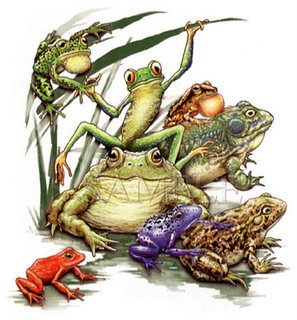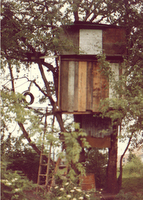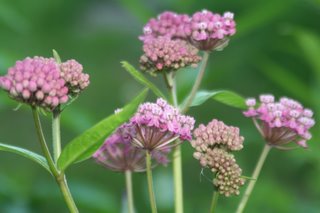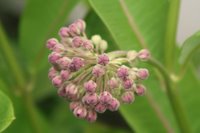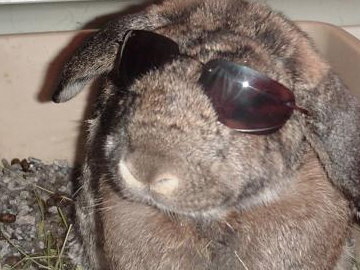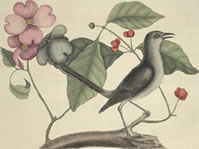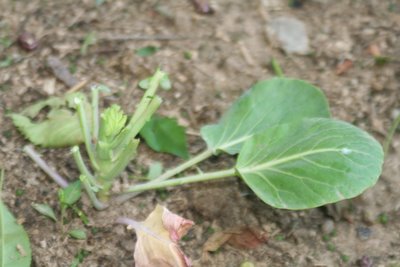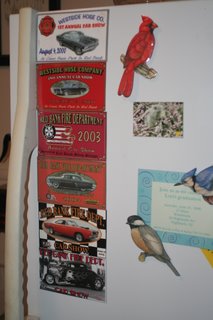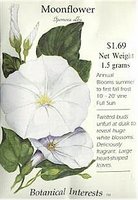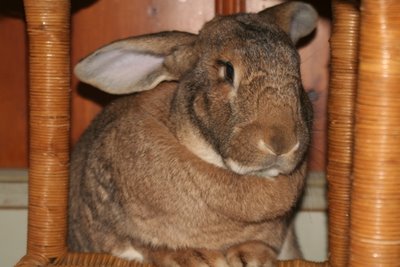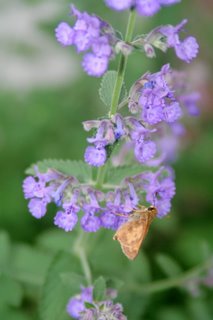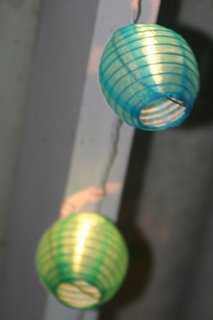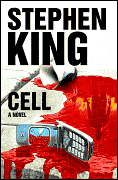 I don't know which one of us named it the "Door of the Moon". It's possible that we were influenced by stories of pirates and hidden treasures, or something similar read in some book. In any case, none of us fully understood the name, but it contained all of a secret world, separate and absolutely ours.
I don't know which one of us named it the "Door of the Moon". It's possible that we were influenced by stories of pirates and hidden treasures, or something similar read in some book. In any case, none of us fully understood the name, but it contained all of a secret world, separate and absolutely ours.The Door of the Moon was a place, a cliff, a sort of stone platform that stood out from the mountain named "El Sestil" that was behind the house. That platform was capable of holding three or four children, canteens of wine, weapons, some frisky and affectionate dog, part of an old army tent, and a variety of more or less precious and indispensable objects.
Although the Door of the Moon was a magnificent observation point, it was also the perfect hiding place during our childhood because it was hidden between the hawthorn and bramble bushes. It was there that we went to escape punishment or when we simply wanted to be alone. Later I found out that our hiding place was also the secret legacy of my mother and her brothers, and later it was used again by my little sister and her friends. But none of us ever told the secret. Each batch of children discovered it on their own and each group gave it a different name.
As I said, many times we went alone, one by one, under different circumstances and in different states of mind. I remember now with great nostalgia the solitude of sitting there on the cliff looking out between the leaves and the hawthorns on the mountain. There below in the house, the adults were like multi-colored ants. Looking at them caused a strange thrill of tender, condescending superiority. The comings and goings of the servants, the messenger boy... that was complete and splendid solitude. Sometimes from underneath the buds of the hawthorn bushes, I would turn my face up to the sky to see it broken through the branches. You could hear the ravens that nested close by in the ramparts on the cliff, among the bats and the black butterflies. It was dim and luminous at the same time. I think that all the children of the world need a Door of the Moon.
When I came back to see it everything was flooded. I looked with my hand over my eyes to the other side of the marsh, for that marvelous place. The water hadn't touched it. From the other side of the bank I made out the stone platform, the wind among the leaves, the cries of the crows and the ravens. I recognized it the way you recognize a friend, a bridge, or a tree. The Door of the Moon appeared desolate without children's voices, or whispers, or the solitude of a child beginning to think and to grow.
Nonetheless, we still have the Door of the Moon. We recover it, I know very well, in the hour of solitude we all look for during the course of the day. That hour of solitude we all ask for and need in the course of months and years. At the Door of the Moon, children grew slowly, inside themselves. In our hour of solitude, the Door of the Moon takes us back to the child who still wanders around inside of us, searching in vain for doors and windows to escape through.
The above essay is another small piece from "El rio" by Ana Maria Matute that I translated from the original Spanish as part of an undergraduate project many moons ago. I'm including it here, and cross-posting at whorled leaves because it relates to the first essay in our July book, "The Geography of Childhood" in which Gary Paul Nabhan discusses a child's sense of wildness and relates the story of his own children's secret hideout and the importance such intimate, wild places have in the lives of children.












